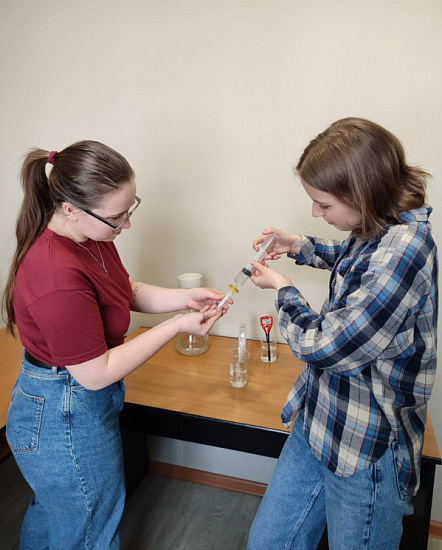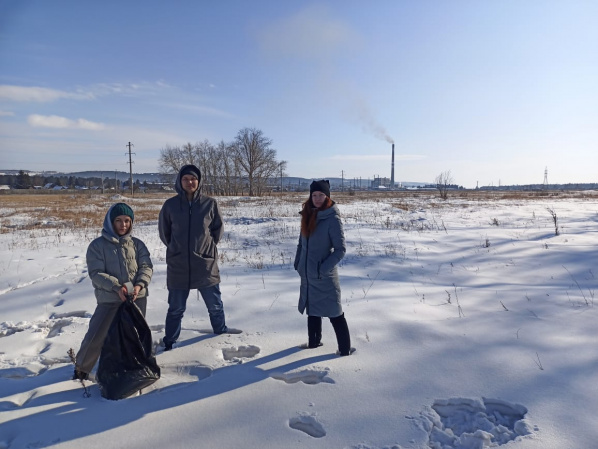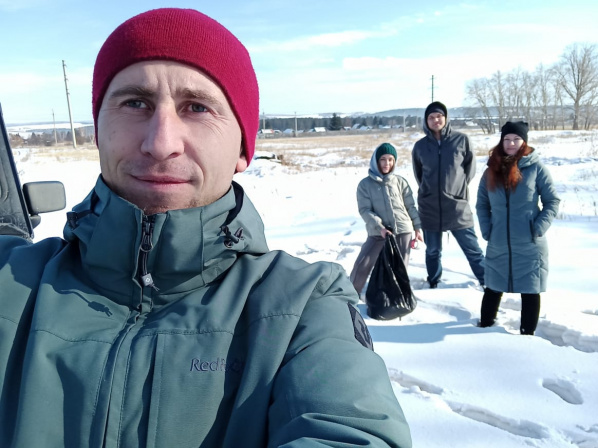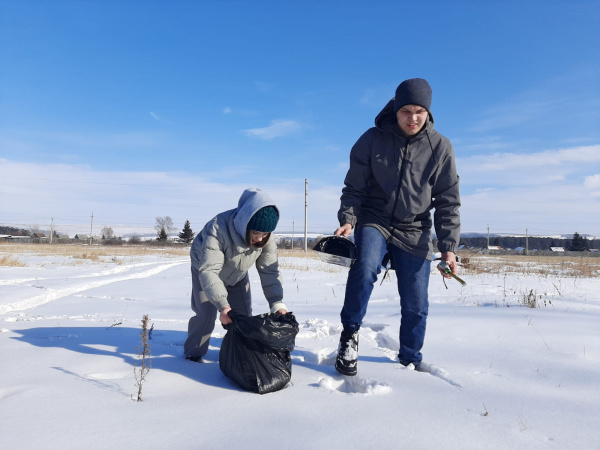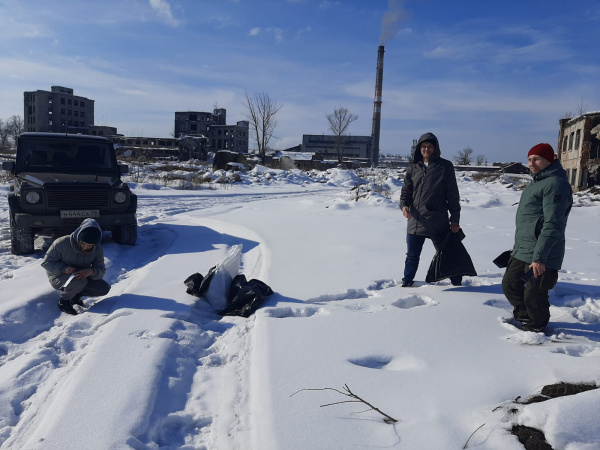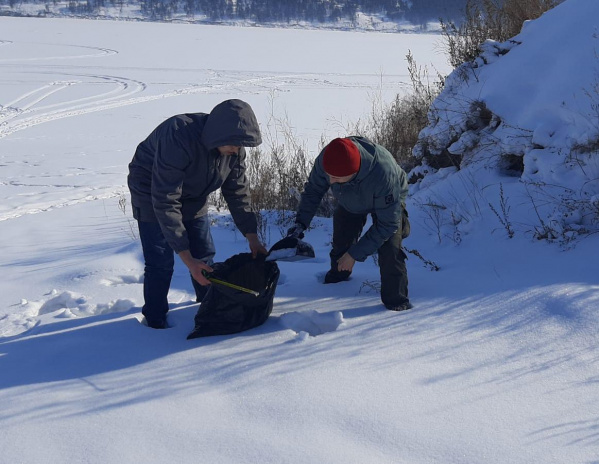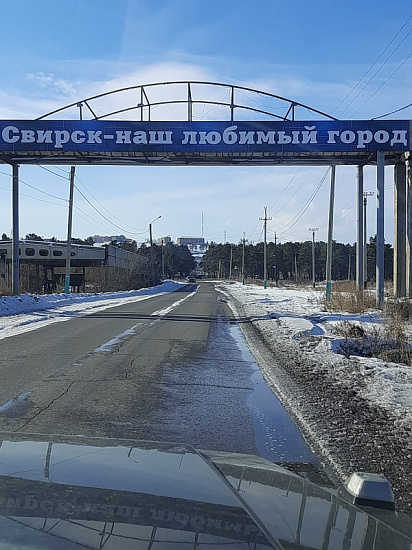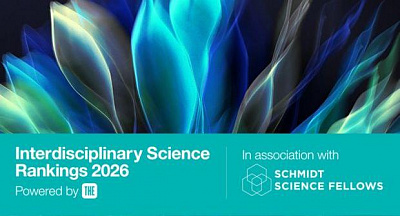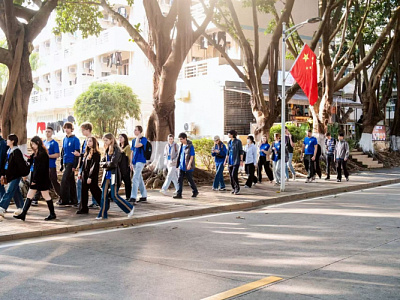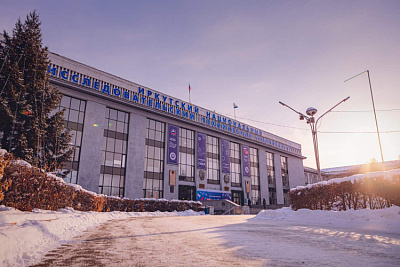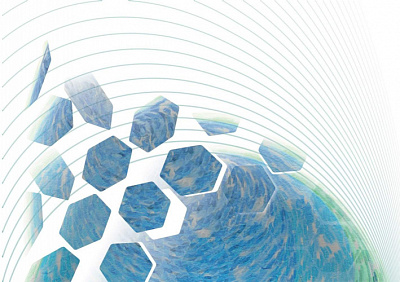Students of INRTU Siberian School of Geosciences are studying the snow composition to create a GIS for displaying the air quality in Irkutsk and Svirsk
INRTU students took snow samples at 160 points in Irkutsk and Svirsk to conduct high-precision ecological and geochemical studies. This work is a part of a project to create a GIS that displays an environment state. The scientific group is supervised by the team of the Siberian School of Geosciences (SSG)
This research is carried out within the framework of the strategic project implementation in the field of subsoil use i.GeoDesign under the program "Priority 2030".
The project started in spring, 2020. The goal of scientists is to assess the geoecological situation in a particular area. During the first expedition, INRTU students were engaged in sampling in Shelekhovsky and Irkutsk districts, near the Ershovsky reservoir and along Melnichny Tract, etc.
Alexander Parshin, director of SSG, noted that the scientific study of snow makes possible to determine the state of atmospheric air and, if necessary, to understand the causes of its pollution. Sources of impacts can be both industrial enterprises, transport, and rural residents who heat houses with coal or firewood. The result of the work will be a digital resource that is constantly being filled. It can be useful to residents choosing a place to buy a house or apartment, representatives of state authorities, scientists and developers. SSG graduates and students of the School of Subsurface and Resource Management as well as future ecologists, drillers, students with majors "Geoinformation Systems" and "Geophysical methods of prospecting" are involved in the research.

"Students carry out comprehensive research within the framework of training courses. At the first stage, they make up a GIS project, using satellite images to determine suitable places for sampling. Then they leave along the route. The weight of one sample in a bag is about 10 kg. This mass must be turned into melt water, filtered to remove solid sediment. The liquid is sent to inductively coupled plasma mass spectrometry - the most accurate chemical analysis available. We are transferring samples to the A.P. Vinogradov Institute of Geochemistry SB RAS. Sample preparation is a process that requires extreme care. Therefore, the students are supervised by the experienced teachers of INRTU," Alexander Vadimovich said.
In a new season, the first stage of the field works started on February 24-25 in Irkutsk and in the suburbs of Markovo. Five cars went to the research subjects every day. In two days it was possible to take 100 samples. The students were supervised by Anna Danko, head of the SSG Department of Educational Programs.
She said that during such mini-expeditions it is possible to hone the skills, acquired in geostatistics, exploration geophysics and modeling classes. Over the past two years the project’s had a positive impact on students:

"They learn to work with their hands, begin to understand how ecology and geochemistry can be integrated into other areas of science. In addition, the level of students' competence has increased, their interest in the profession has improved, and the results of the session as well."
Having completed the survey of the territories in Irkutsk on February 26, INRTU students went to Svirsk. The detachment was led by Alexander Parshin and Olga Kachor, head of the Department of Geoecology, Siberian School of Geosciences. On the city territory the former battery factory (JSC "Vostsibelement") is located. Building structures, waste and industrial site soil contain a lot of lead. In summer of 2021, the SSG - team went to the plant to perform a comprehensive geoecological assessment of the industrial zone for the local authorities of Svirsk. This time research team carried out initiative work in the city and its surroundings.
Last Saturday, Daria Subbotina, who is studying "GIS", visited Svirsk. As the student admitted, she often participates in such investigations. For example, a year ago she was engaged in geochemical survey of snow in the regional center and nearby settlements.

"Interest for geoecology appeared during a summer internship in Norilsk, after which I joined the project. In Svirsk, we were entrusted to take snow samples according to the certain rules in order to prevent their contamination. We worked in pairs, each responsible for a specific task. As a senior laboratory assistant, I followed the route and the correctness of the selection. It wasn't particularly difficult physically. However, we had a great responsibility in terms of sampling, numbering and reliability of sample packaging.
I am very interested in practical experience, so whenever possible I take part in various projects," Daria shared her opinion.
Similar works are planned in INRTU for the second half of 2022. For example, in May-June INRTU students are going to conduct sampling of plants, trees, shrubs in Svirsk that have a barrier-free method of accumulation of harmful substances. In autumn, a study of agricultural crops is expected. Biogeochemical methods that students will study are applicable not only in ecology, but also in the search for mineral resources.
Olga Kachor added that the Ministry of Ecology and Natural Resources of the Angara Region intends to launch in near future the environmental engineering surveys at the site of “Vostsibelement OJSC”:

"It is likely that the study of air composition will become part of this initiative.
We have in our arsenal a detailed map of soil contamination, sections and drilling results, mobile chemical analysis."

